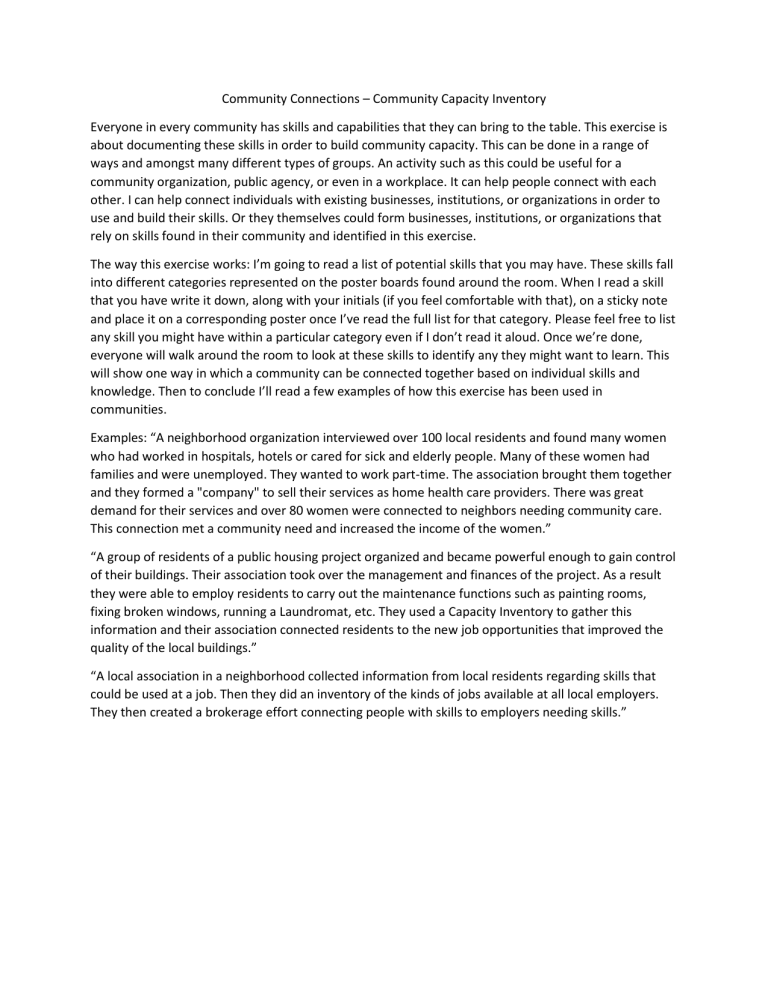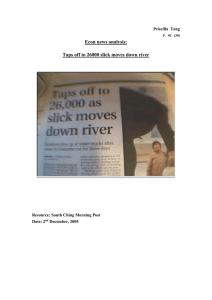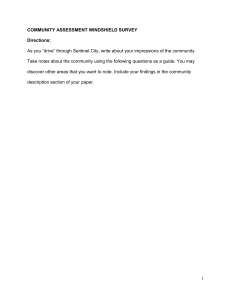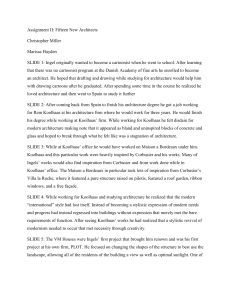
Community Connections – Community Capacity Inventory Everyone in every community has skills and capabilities that they can bring to the table. This exercise is about documenting these skills in order to build community capacity. This can be done in a range of ways and amongst many different types of groups. An activity such as this could be useful for a community organization, public agency, or even in a workplace. It can help people connect with each other. I can help connect individuals with existing businesses, institutions, or organizations in order to use and build their skills. Or they themselves could form businesses, institutions, or organizations that rely on skills found in their community and identified in this exercise. The way this exercise works: I’m going to read a list of potential skills that you may have. These skills fall into different categories represented on the poster boards found around the room. When I read a skill that you have write it down, along with your initials (if you feel comfortable with that), on a sticky note and place it on a corresponding poster once I’ve read the full list for that category. Please feel free to list any skill you might have within a particular category even if I don’t read it aloud. Once we’re done, everyone will walk around the room to look at these skills to identify any they might want to learn. This will show one way in which a community can be connected together based on individual skills and knowledge. Then to conclude I’ll read a few examples of how this exercise has been used in communities. Examples: “A neighborhood organization interviewed over 100 local residents and found many women who had worked in hospitals, hotels or cared for sick and elderly people. Many of these women had families and were unemployed. They wanted to work part-time. The association brought them together and they formed a "company" to sell their services as home health care providers. There was great demand for their services and over 80 women were connected to neighbors needing community care. This connection met a community need and increased the income of the women.” “A group of residents of a public housing project organized and became powerful enough to gain control of their buildings. Their association took over the management and finances of the project. As a result they were able to employ residents to carry out the maintenance functions such as painting rooms, fixing broken windows, running a Laundromat, etc. They used a Capacity Inventory to gather this information and their association connected residents to the new job opportunities that improved the quality of the local buildings.” “A local association in a neighborhood collected information from local residents regarding skills that could be used at a job. Then they did an inventory of the kinds of jobs available at all local employers. They then created a brokerage effort connecting people with skills to employers needing skills.”




